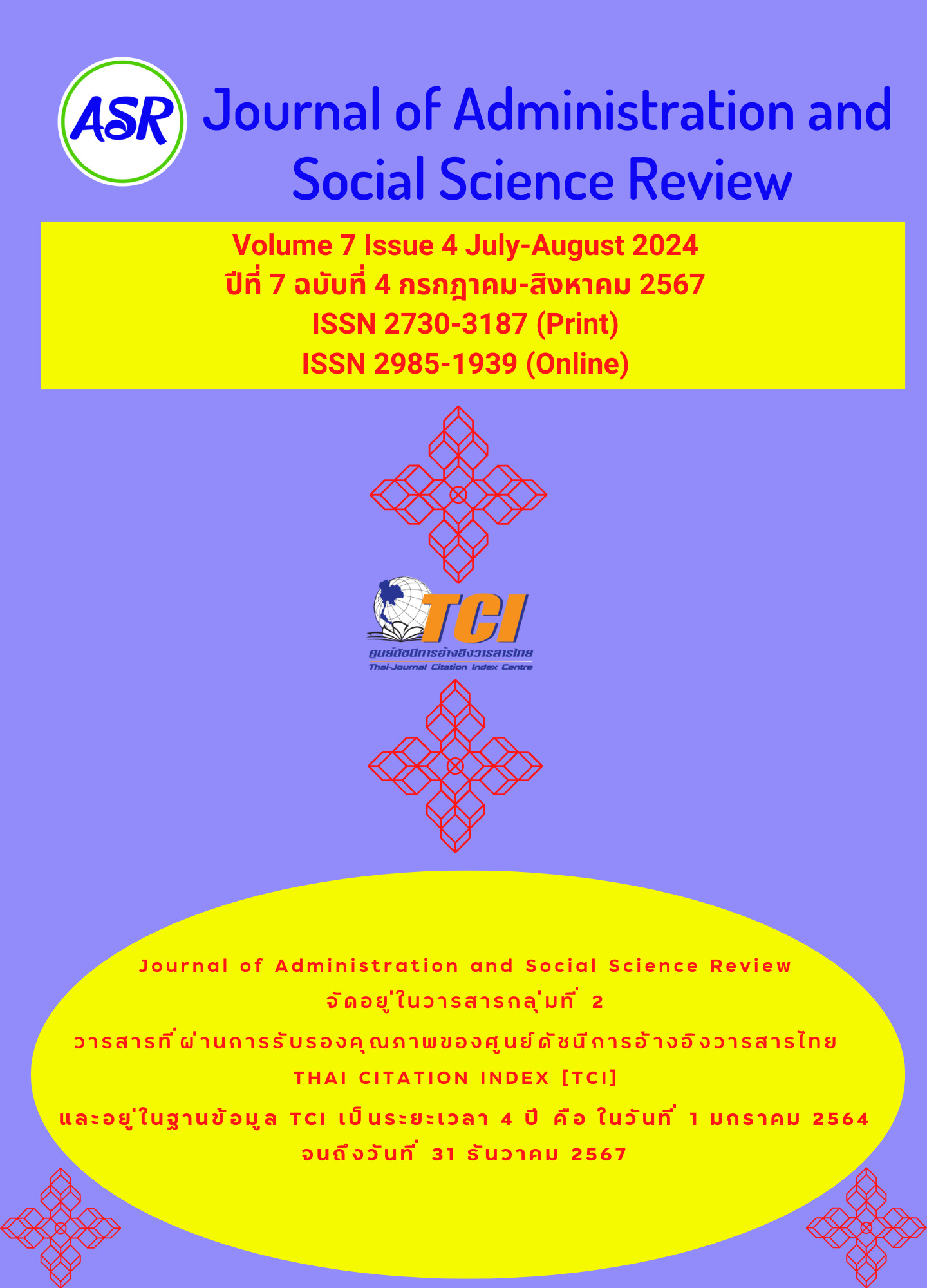The Guidelines of Local Wisdom Learning Resources for Teaching and Learning in Tron District Management under the Uttaradit Primary Educational Service Area Office 1
Keywords:
Local Wisdom Learning Resources, administrative guidelinesAbstract
The objectives of research were: 1) to study the need for the guidelines of Local Wisdom Learning Resources for teaching and learning at Tron district under the Uttaradit Primary Educational Service Area Office1; 2) to study the guidelines for managing the Local Wisdom Learning Resources for teaching and learning; and 3) to evaluate the appropriateness and feasibility of the management guidelines. It was mixed methods research. The population used in the research consisted of 100 administrators, teachers, local wisdom and community scholars. The target group included 12 administrators, teachers, educational supervisors and local wisdom community scholars. The research tools were questionnaires and interviews. Statistics used in data analysis included frequency, percentage, mean, standard deviation, index of essential needs, and content analysis.
The results of the research showed that there was a need for the management of the Local Wisdom Learning Resources for promoting teaching and learning in 4 areas, arranged in order from the most to least: 1) management planning, 2) management improvement and development, 3) monitoring, inspecting and evaluating management, and 4) management operations. The guidelines included the following. 1) Strengths and weaknesses should be analyzed; the opportunities and obstacles for educational institutions should be identified. 2) A main working group should be appointed to organize information systems for the Local Wisdom Learning Resources. 3) There should be supervision, monitoring, and evaluation of operations according to the objectives. Also, 4) the problems should be summarized to find development guidelines. As for the suitability and feasibility of both management approaches the overall picture is at a high level.



